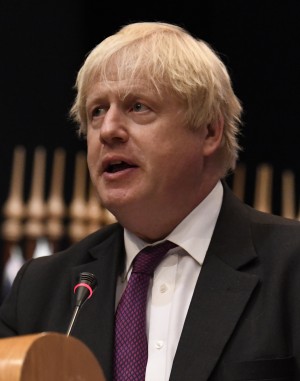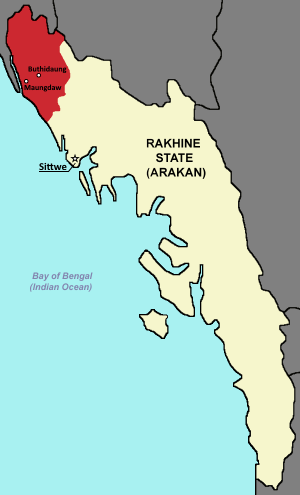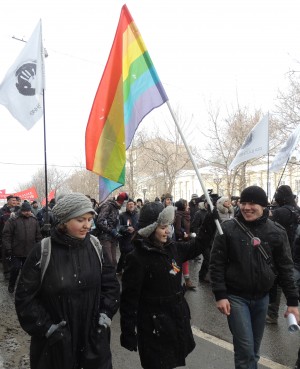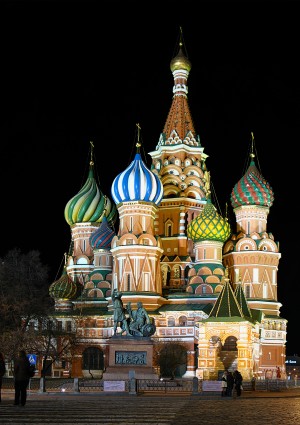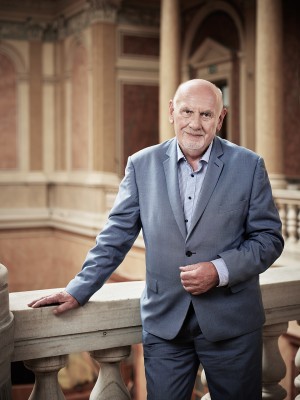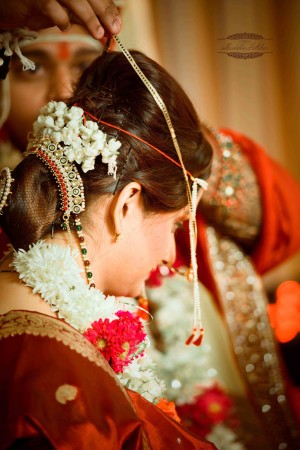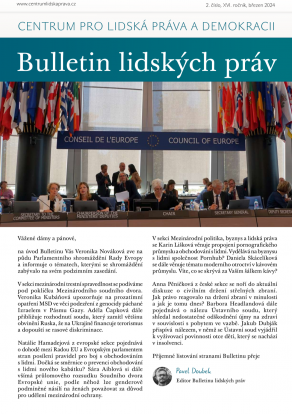Blog
Odebírat Bulletin
Odebírejte lidskoprávní Bulletin
Každý měsíc vydáváme odborný online časopis s krátkými články o aktuálním vývoji v oblasti lidských práv. Vyplňte níže svou e-mailovou adresu, abyste se k odběru Bulletinu zdarma přihlásili. Odběr lze samozřejmě kdykoliv odhlásit.
Odebírat Bulletin

